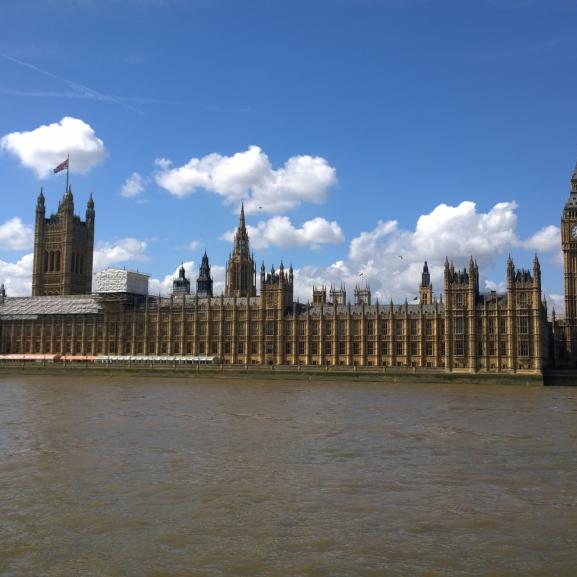US holding children another clue to 'blurring' of international laws
The indefinite detention of three young adolescents at Guantanamo Bay points to another blurring of legal boundaries by the US Government in what it terms the 'war against terrorists of global reach'.
Sherman Carroll, MBE, the Medical Foundation's Director of Public Affairs, says besides the detention of under-16s - which is contrary to the Convention on the Rights of the Child that, by signing, the US has pledged not to violate - it has placed all these detainees, of whatever age, outside the legal protections of the Geneva Conventions, by categorising them as 'enemy combatants'.
Claiming instead to treat them only 'in conformity' with the conventions, it lessens the obligatory standards. By holding detainees outside US territorial boundaries - whether at Camp Delta in Cuba, Bagram airbase in Afghanistan or in Iraq - it has placed them beyond the legal constraints of the US constitution and judiciary.
In a letter this month to human rights organisations, Mr William Haynes II, General Counsel of the Department of Defense, blurs other legal boundaries. In response to allegations in the Washington Post last December that 'stress and duress' techniques were being used at Bagram and other interrogation centres, some of them secret, Mr Haynes states: 'United States policy condemns and prohibits torture. When questioning enemy combatants, U.S. personnel are required to follow this policy and applicable laws prohibiting torture.'
'That's well and good,' says Mr Carroll. 'However, what Mr Haynes fails to address is the prohibition in international and US domestic law against mistreatment that might not reach the threshold of 'torture'. The treaty to which the US is a state party is called the UN Convention against Torture and Other Cruel, Inhuman or Degrading Treatment or Punishment.'
The US does not deny that it is using prolonged hooding and standing, deprivation of food and water, white noise and other types of sensory deprivation, which are similar to the 'interrogation in depth' techniques banned in 1972 by the British Government during its war against terrorists. 'Used intensely and together, such techniques can amount to torture.'
In fact, US officials have now confirmed that two deaths of detainees during the course of interrogation at Bagram in December were 'homicides'. 'If the US Government wants to address seriously the complaints about its mistreatment of detainees, it must stop playing with words,' says Mr Carroll.
'It should release minors from detention, give full access to all detainees by the International Committee of the Red Cross, allow independent investigation of the serious allegations of torture and mistreatment, publish the results of those investigations, and stop the 'rendering' of detainees to other countries' security forces who can torture them outside any legal boundaries whatsoever.'






